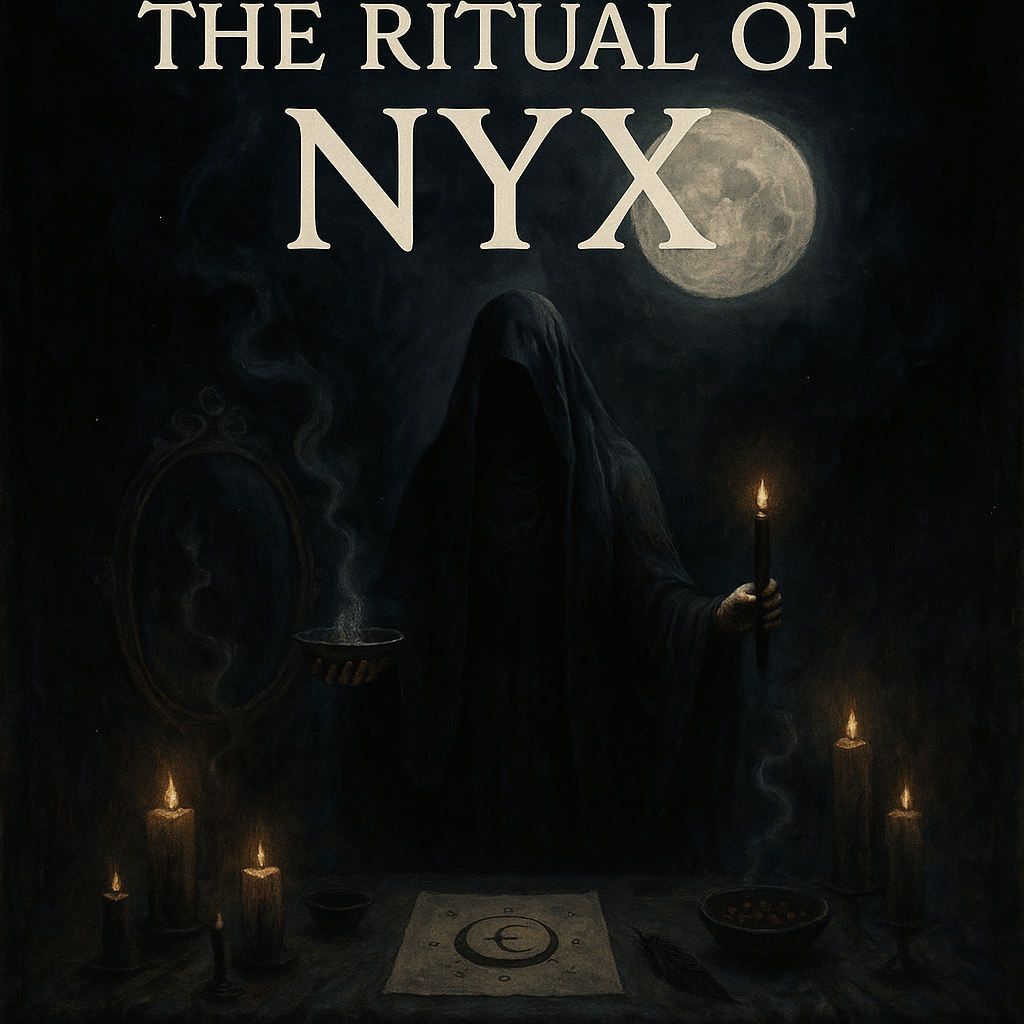Your cart is currently empty!

Papa Legba: The Eternal Guardian of the Crossroads
Papa Legba is not just a figure of respect but one of profound mystery and duality. Known as the keyholder of the spiritual gates, he resides at the intersection of countless spiritual paths, ensuring that the sacred and mundane worlds remain in delicate harmony. As an embodiment of the liminal, his presence is both welcoming and enigmatic—offering aid while reminding seekers of the responsibilities that come with spiritual knowledge.
Unlike other loa (spirits of Vodou), Papa Legba’s influence transcends boundaries. He is not limited to Haiti or Louisiana; his essence permeates the entire diaspora of Vodou and its derivatives. Whether you stand at a literal crossroads in the countryside or at the symbolic crossroads of your life, it is Papa Legba who can guide you.
—
African Roots: The Origin of Legba
In the Dahomean pantheon of the Fon people, Legba was known as a trickster and a mediator between the mortal world and the heavens. His role as a communicator made him indispensable to the gods. He was believed to carry messages to Mawu-Lisa, the creator deity, ensuring that human prayers and offerings reached their divine recipients.
Unlike the benevolent image often seen in Haitian Vodou, African Legba had a more mischievous side. He was a deity who tested moral boundaries, reminding mortals and gods alike of the complexities of life. This duality—of order and chaos, guidance and trickery—remains a subtle undertone in his later incarnations.
Syncretization and Transformation in the New World
When African slaves were brought to the Americas, their gods traveled with them, encoded in songs, dances, and oral traditions. In Catholic-dominated regions, Legba became intertwined with saints like St. Peter, who similarly holds the keys to Heaven, and St. Lazarus, whose association with healing and age mirrored Legba’s depiction as an old man.
This syncretization was more than a survival strategy; it was a profound act of spiritual resilience. By masking their gods as saints, enslaved people preserved their traditions under the watchful eyes of their oppressors.
—
Papa Legba in History: The Loa of Survival
The legacy of Papa Legba is deeply tied to the history of Vodou as a religion of resistance and liberation. During the Haitian Revolution (1791–1804), Vodou ceremonies often began with invocations to Legba. His role as the opener of spiritual doors symbolized the opening of paths to freedom.
Even in modern times, Legba’s influence persists. In Haiti, he is revered not only in religious contexts but also in cultural expressions like music and dance. In Louisiana, his presence is felt in the gumbo of Vodou, Hoodoo, and local folklore.
—
Magical Practices: Deepening the Mystical Connection
The power of invoking Papa Legba lies in simplicity and sincerity. While traditional prayers are short and rhythmic, practitioners often expand them with personalized elements. For instance:
Papa Legba, keeper of the gates,
You who walk with the old and the young,
Open the doors that I may see,
The paths laid out by destiny.
Guardian of the sacred crossroad,
Guide my steps and grant me clarity.
Each line is a layer of intent, building a bridge between the seeker and the divine.
Detailed Altars and Offerings
Creating an altar for Papa Legba involves more than placing objects; it is an act of devotion and connection. His colors—red and black—symbolize life, death, and transformation. Common items include:
Candles: Red for vitality, black for protection.
Keys: Symbolizing access to spiritual paths.
Veves: Intricate sacred drawings made with cornmeal or chalk.
Offerings: Alongside rum and tobacco, practitioners might add bananas, yams, or items reflecting their personal relationship with Legba.
The placement of the altar matters as well. A doorway, porch, or crossroads is ideal, aligning the physical space with Legba’s domain.
—
Expanded Ritual: Opening the Crossroads
Purpose: For guidance, protection, or spiritual access.
Step-by-Step Process:
1. Preparation:
– Cleanse the space with sage or Florida water.
– Assemble all necessary items, ensuring each has been selected with intention.
2. Opening the Circle:
– Mark the boundary of your ritual space with salt or cornmeal.
– Stand at the entrance and say:
Papa Legba, keeper of the key,
At this threshold, I call to thee.
Open the gates, the veil, the way,
And hear the words I speak today.
“`
3. Calling Legba:
– Place a staff or cane at the center of the altar as a symbolic key.
– Light the candles and pour rum into a small dish.
– Chant his name rhythmically until a sense of connection is felt.
4. The Offering:
– Lay your offerings before the veve.
– Speak your request clearly and with respect.
5. Closing:
– Thank Papa Legba and extinguish the candles.
– Leave the offerings at the altar or crossroads.
—
Standalone Spell for Spiritual Clarity
Purpose:
To enhance spiritual insight and intuition.
Materials Needed:
– A small mirror.
– A sprig of basil.
– A black candle.
– A cup of water.
The Spell:
1. At night, sit in a quiet space with the mirror before you.
2. Light the black candle and place it behind the mirror so its light reflects.
3. Hold the basil sprig over the water and say:
Papa Legba, guide of sight,
Through this mirror, grant me light.
Show the truth, let it be clear,
I seek your wisdom, Legba, draw near.
4. Gaze into the mirror, allowing your intuition to interpret shapes, symbols, or messages.
5. When finished, thank Legba and pour the water into the earth.
—
The Mystical Legacy of Papa Legba
Papa Legba’s domain is not limited to practitioners of Vodou or Hoodoo; his archetype as the opener of ways resonates universally. He is the whisper at the crossroads of every major decision, the silent guide when one feels lost.






